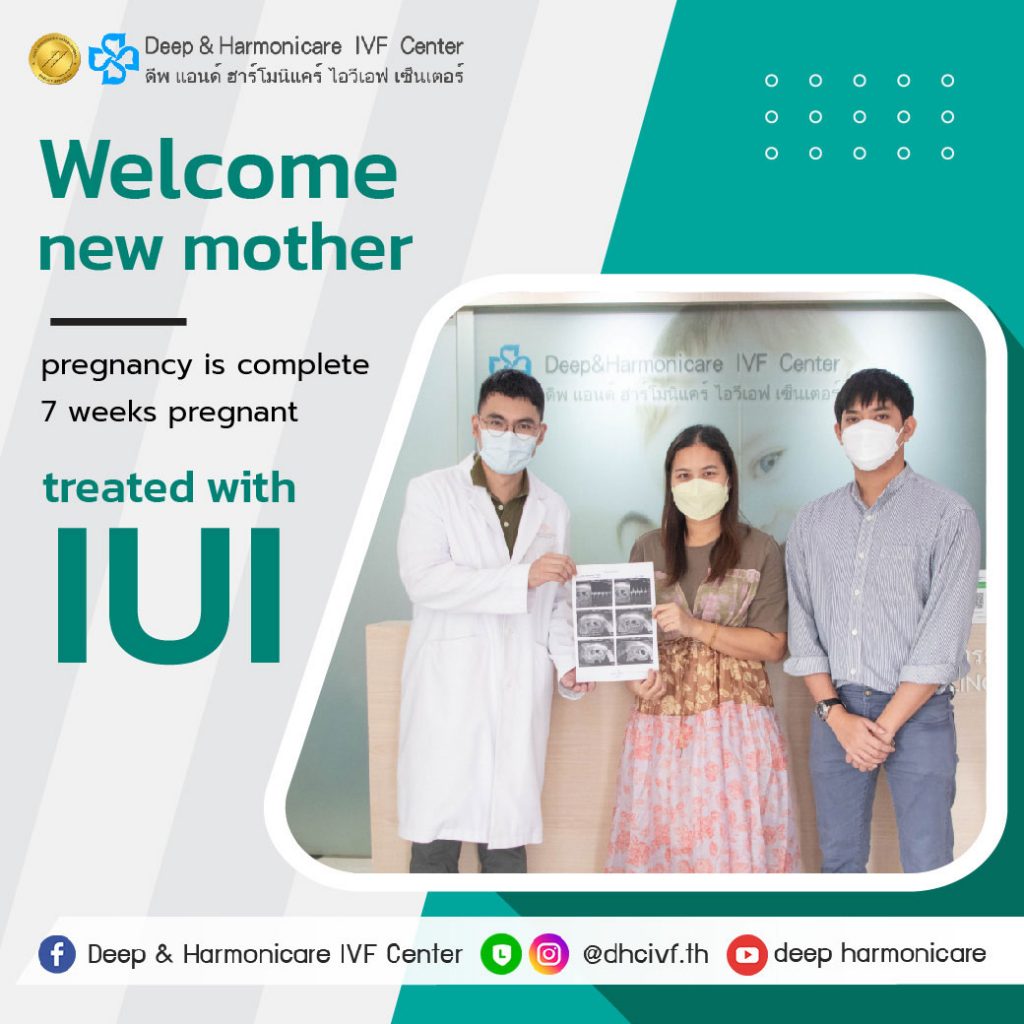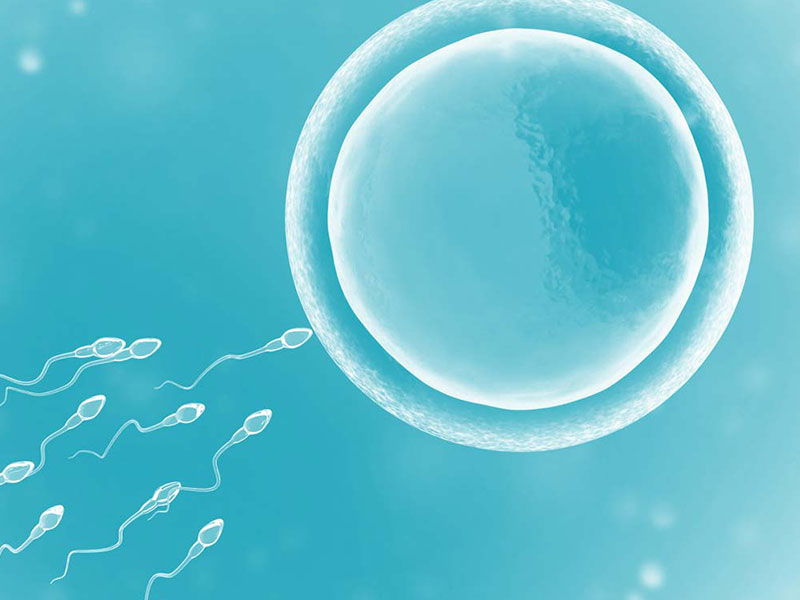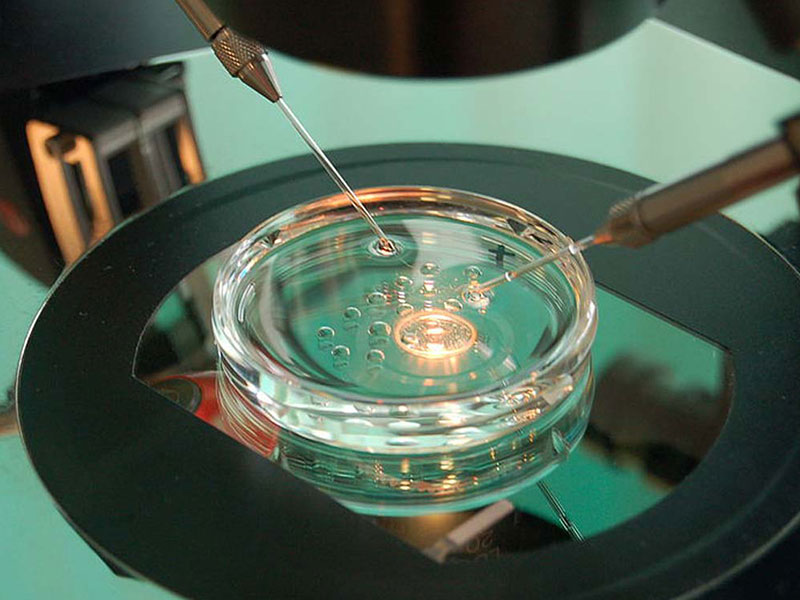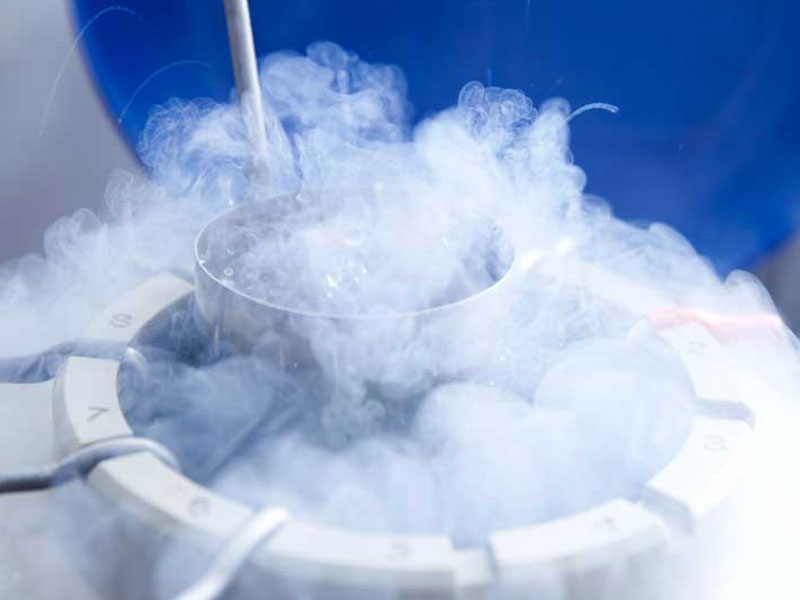- Home
- Intrauterine insemination (IUI)
Intrauterine insemination (IUI)
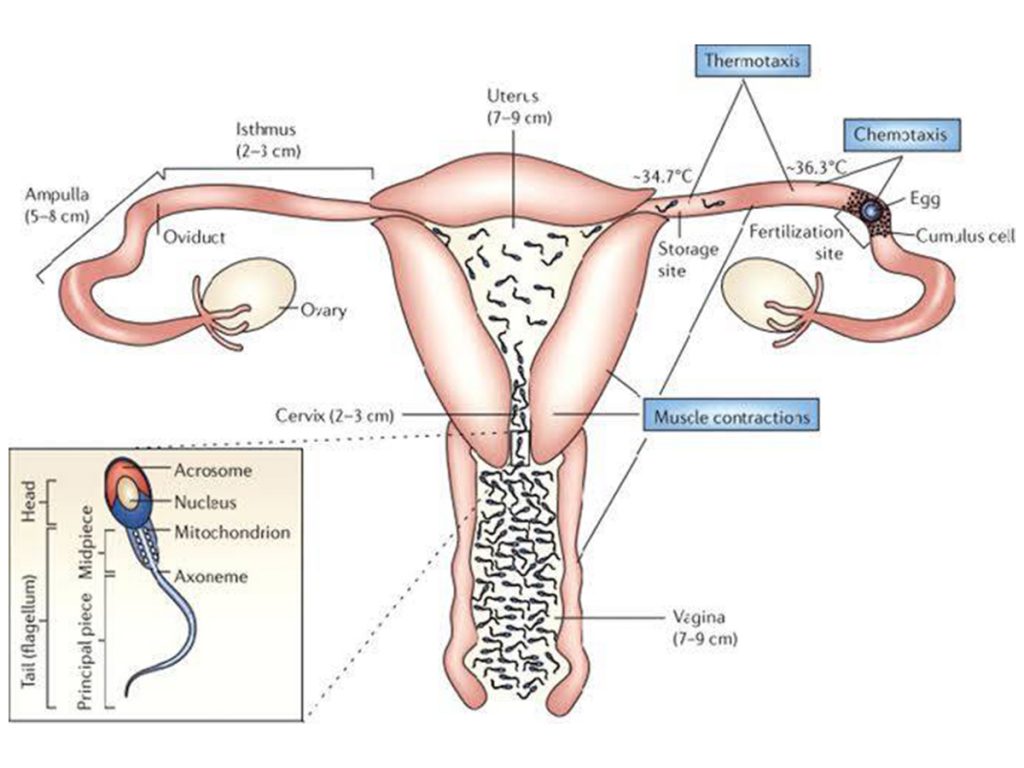
Intrauterine insemination (IUI)
Intrauterine insemination (IUI) is a procedure which prepared sperm is placed in the uterus at the time of ovulation. The semen is prepared to separate fast motile sperm from non-motile sperm.
Who can undergo IUI for infertility treatment?
- Men with premature ejaculation or low sperm count and quality.
- Couples with unexplained infertility
- Women with ovulation problem (PCOS)
The IUI Procedure
First step, ultrasound scan are performed to monitor the growth of the egg with in day 2-5 of your period. Then, you are start the ovarian stimulation drugs to let the egg develop. As soon as your egg is mature, normally the size is about 17-18 mm or more, you are given a hormone injection to let it ovulates. Semen is collected and prepared in our laboratory to select the best motile sperm. Sperm processing takes about 90-120 minutes. During IUI process, the doctor will insert a speculum into your vagina, clean the cervical area, and insert a small catheter into your uterus via cervix. Then the prepared sperm is placed into the uterus. There should be no discomfort.
The IUI success rate
The success rate of IUI is 15-20%. Female age is a significant factor with IUI. Intrauterine insemination has very little chance of success in women over 40 years old. The IUI process should not do more than 3-6 times. If you are not success form this treatment, the IVF or ICSI will be indicated and has higher success rate.
The risk of IUI
Although the IUI procedure is painless, you may have the pelvic pain similar to period pains after insemination. With the ovarian stimulation drugs, if more than 2 mature eggs grow, you will have the risk of multiple pregnancy. The risk from ovarian stimulation drugs is not common, but you may have symptoms such as hot flushes, headache, or restlessness. The risk of birth defect in general population is very low compare to natural conception. IUI does not increase risk of birth defect.
Advantages of IUI
- Similar to natural conception.
- Doesn’t require a lot of time.
- Affordable.
Disadvantages of IUI
- Less successful than IVF and ICSI.
- Embryos cannot be genetically tested.
FAQ
A: If you still have your period every month and it's pretty consistent, you can do IUI. It is advisable to consult your doctor and undergo a physical examination to determine if this method is suitable for you.
A: The chances of a successful pregnancy are possible from the first IUI. Most of them will become pregnant with no more than 3-6 IUI sessions. In cases where more than 3-6 IUIs are not pregnant, other treatments may be required.
A: Irregular menstrual periods are associated with not ovulating or irregular ovulation. When the egg does not ovulate, it is impossible to conceive. You should consult your doctor for a physical examination and a proper treatment plan.
A: IUI’s success rate is 10-15%, which may or may not be successful the first time.

